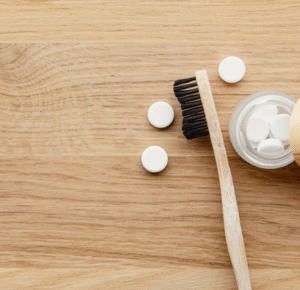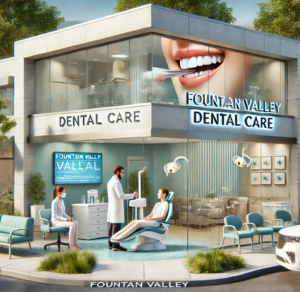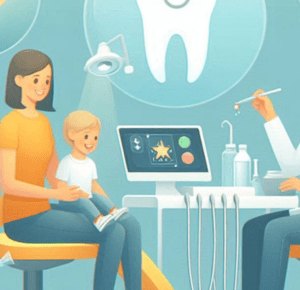Preventive dentistry is essential for maintaining healthy smiles in all family members. Routine care is more effective after treatment, helping to avoid common dental issues. The basics of preventive care include regular brushing, flossing, and routine check-ups. Regular dental visits play a crucial role in identifying potential problems early. For instance, Buffalo Grove dental cleanings can remove plaque and tartar buildup, which are hard to tackle at home. It’s important to include everyone in a family dental care routine. Teach children good habits early by making dental care a fun family activity. This helps them understand the value of a healthy smile. Foods rich in calcium and vitamins support strong teeth, while sugary snacks should be limited. By following these steps, families can enjoy healthier smiles and reduce the risk of dental issues. Proactive care today helps ensure brighter smiles tomorrow.
The Importance of Routine Dental Care
Regular dental care involves more than just cleaning teeth. It includes comprehensive exams to detect issues like cavities or gum disease. During these visits, dentists can apply fluoride treatments or sealants to protect teeth, especially in children. According to the Centers for Disease Control and Prevention, sealants on permanent molars reduce the risk of cavities by 80% in children. Emphasizing these visits can lead to long-term benefits and cost savings by avoiding complex procedures later.
Creating a Family Dental Routine
Establishing a family dental routine helps embed oral hygiene as a daily habit. Here are three simple steps to achieve this:
- Brush twice a day with fluoride toothpaste.
- Floss daily to remove debris between teeth.
- Use mouthwash to reduce bacteria.
Consistency in these habits builds a foundation for good oral health. Make dental care engaging by allowing children to choose their toothbrushes or playing a song during brushing. This makes the process enjoyable and sets children up for a lifetime of good oral hygiene.
The Role of Diet in Oral Health
Nutrition plays a significant role in maintaining healthy teeth and gums. Foods high in sugar can contribute to tooth decay. Instead, opt for crunchy fruits and vegetables, which stimulate saliva production and help clean teeth naturally. Dairy products like milk, cheese, and yogurt are excellent sources of calcium. They help in the development and maintenance of strong teeth. Encourage children to drink water frequently, as it rinses away food particles and keeps the mouth hydrated.
Comparison of Recommended Daily Habits
| Habit | Frequency | Benefits |
| Brushing | Twice daily | Removes plaque and prevents cavities |
| Flossing | Once daily | Cleans between teeth reduces gum disease |
| Dental Check-Ups | Every 6 months | Early detection of oral issues |
Making Dental Care Fun for Kids
Children are more likely to engage in dental routines if they find them fun. Consider using apps and timers that turn brushing into a game. Reward systems, like stickers or small prizes, can motivate children to maintain their dental habits. Stories and characters that emphasize the importance of a healthy mouth can make a lasting impact. Consistent encouragement and positive reinforcement are key to nurturing lifelong habits.
Understanding the Benefits of Professional Cleanings
Professional cleanings provide a deeper clean than what can be achieved at home. Dentists have tools to reach areas that are easy to miss. Regular professional cleanings help prevent gum disease and detect issues like oral cancer early. The National Institute of Dental and Craniofacial Research highlights the importance of addressing gum disease early to avoid more serious complications. Scheduling routine cleanings supports overall oral health and complements good home care habits.
Conclusion
Preventive dentistry is a shared responsibility for the whole family. By adopting regular dental care practices, focusing on nutrition, and making the process enjoyable, families can protect their smiles. These efforts not only contribute to better oral health but also promote overall well-being. Remember, a proactive approach today paves the way for a lifetime of healthy teeth and confident smiles.






